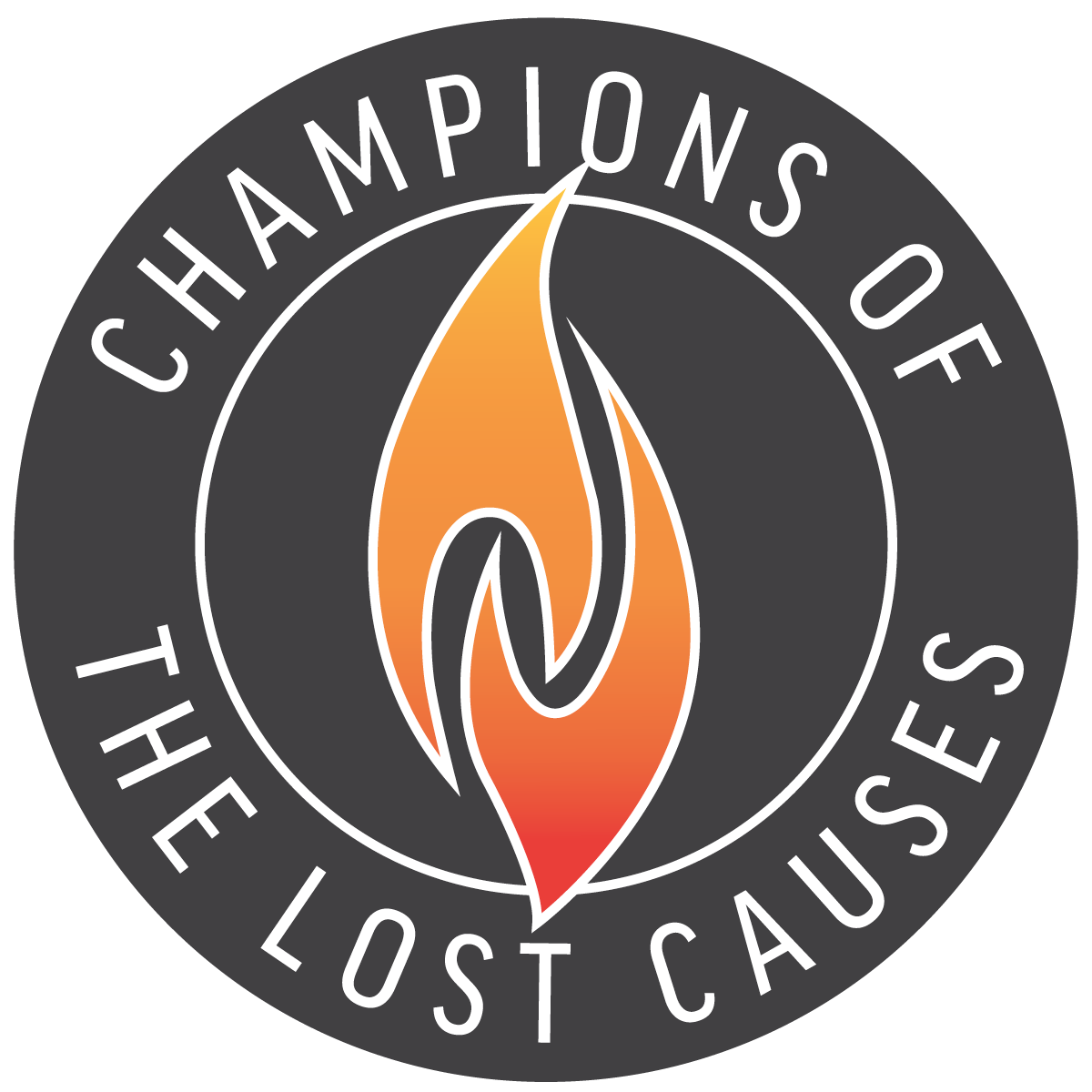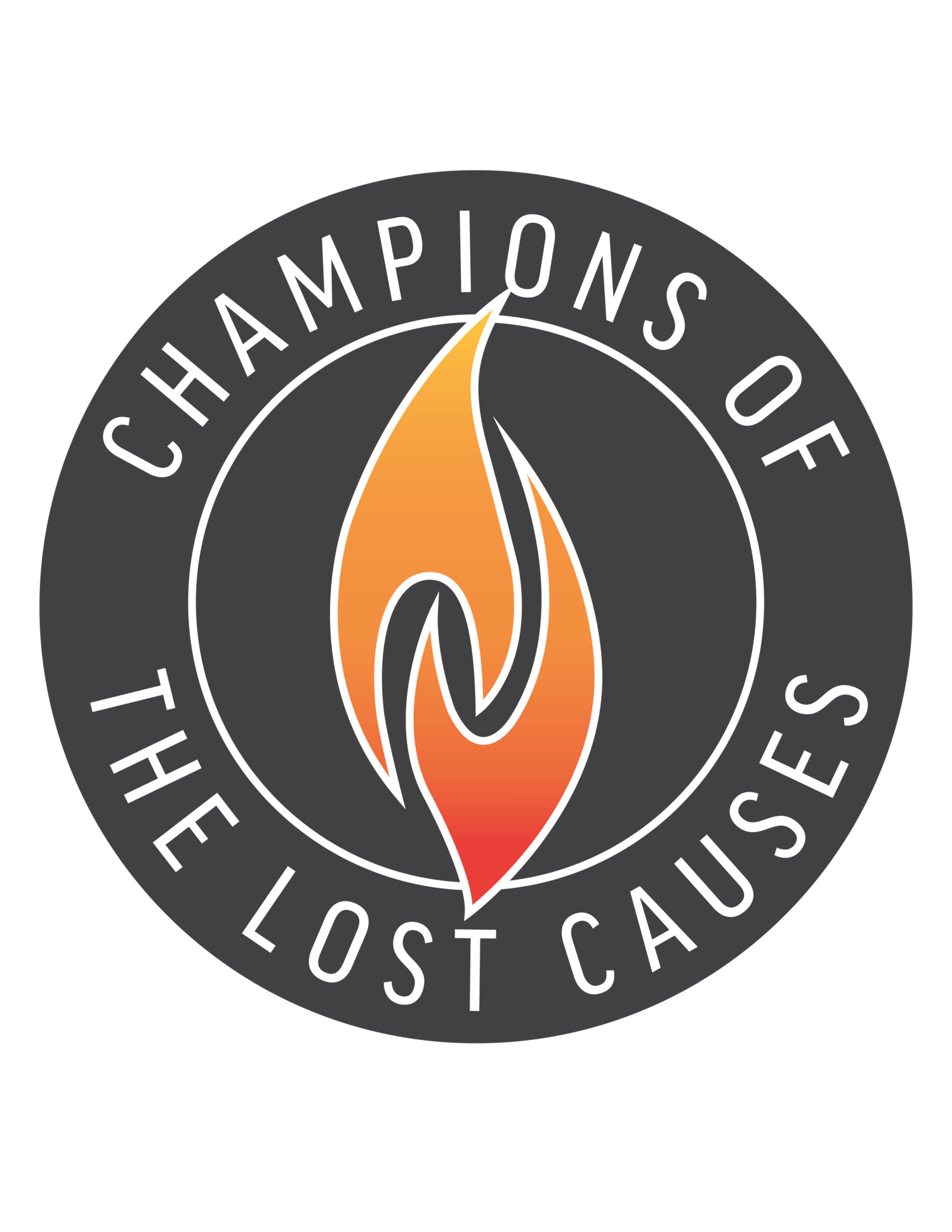Chapter 2: Meeting the opposition aND taking friendly fire
The day came for Mike and I to meet with Robert Lipscomb. We had no idea what to expect, but we planned to tell him about our ideas for Roundhouse Revival, and we hoped we could get him to agree to waive some of the City's costs. That would be a huge win, we thought.
We explained our position on the Coliseum and told him about our Roundhouse Revival plans for a day of music, wrestling and basketball outside the Coliseum… the three core brands that had made the Coliseum famous. We asked what it would take to hold our event inside the Coliseum, but he cut us off quickly. Impossible, he said, because of the Department of Justice order related to Americans With Disabilities Act (ADA) compliance.
Discussion turned to ideas for future use, and how we planned to have an idea wall at Roundhouse Revival where people could share their ideas. Lipscomb had just been in the paper explaining that the City would bring the National Charrette Institute and a national Urban Land Institute panel of ex-mayors to town... to do surveys and conduct interviews, and to take a holistic look at the Fairgrounds to determine best uses.
I saw this as an opportunity.
I told Lipscomb we were glad he was bringing in outside experts to get a fresh take, and that I saw our idea wall as part of the same desire to take the pulse of the people.
"Guys, I like what y'all're planning," Lipscomb said. "Tell me, what would it take to really do it up big?"
Mike shot me a look. What did he just say?!
"Would $15,000 cover it?"
Ummmm.
We had no answer.
"I've got community development funds, and what you've described is definitely community development," he said.
We left the meeting with a pledge of up to $15,000, but we'd need to develop an ancillary budget with agreed-to line items, keep receipts, and be reimbursed on the back end.
Mike and I could talk the talk all day long with anyone, but this budget-spreadsheet-line-item thing was neither of our strong suit.
Thankfully, it was in the wheelhouse of Roy and Marilyn, two other people who'd recently joined our fledgling group. They paired off with a member of Lipscomb's team and worked through the budget.
Once they had a handle on it, we all met up for beers to discuss.
"We need to think about formal board structure, developing bylaws and getting a 501c3," said Roy, who had already drafted bylaws and figured out the 501c3 application process.
We left the meeting with the board officers agreed to, and I felt confident that we were getting our act together. All of the work that Roy and Marilyn were doing was my kryptonite. I was soooooo glad there were other people on the board who ate that stuff for breakfast. The team of people drawn together to champion a cause comes with different, complementary gifts, thank God! We were on our way.
We had an ioby crowdfunding campaign going strong, but the extra money from the City would really put us over the top. There was some concern in our core group that taking Lipscomb's money would compromise our mission, but I was confident we could take the money and not compromise. In hindsight, this was clearly Lipscomb's effort to placate us or gain influence with us.
Word got out to a wider circle of activists, and we caught no small share of winger-waving hell over it.
"Oh man, Lipscomb's got you wrapped around his little finger, doesn't he?" we were told. "He's bought you off, played you like a fiddle…"
Every cliché in the book.
We stood our ground even when people threatened to report us -- for what I’m not sure. We were told this would ruin our reputation and that "no one would trust anything we said ever again."
I did my best to reassure folks that our convictions would not be compromised, but I also had Roy check every complaint and threat against our bylaws.
"Air-tight," he said. "We stand on solid ground."
It was jarring when it happened… to get a vote of no confidence from this community I had just joined, but I kept coming back to the fact that I knew what was in my heart, and I knew how our core group felt. We knew our motivations, and we had been the ones "in the room where it happened," not the ones second guessing us and giving us the third degree.
Looking back I see the concern as valid, but I also see that it was the fear of the more seasoned activists that the newcomers were breaking through. Who were these upstarts? It was one part genuine concern, one part envy.
Their threats never amounted to anything, and neither did the fear of Lipscomb gaining influence with us. We had passed an early test of our resolve, but more were on their way.

